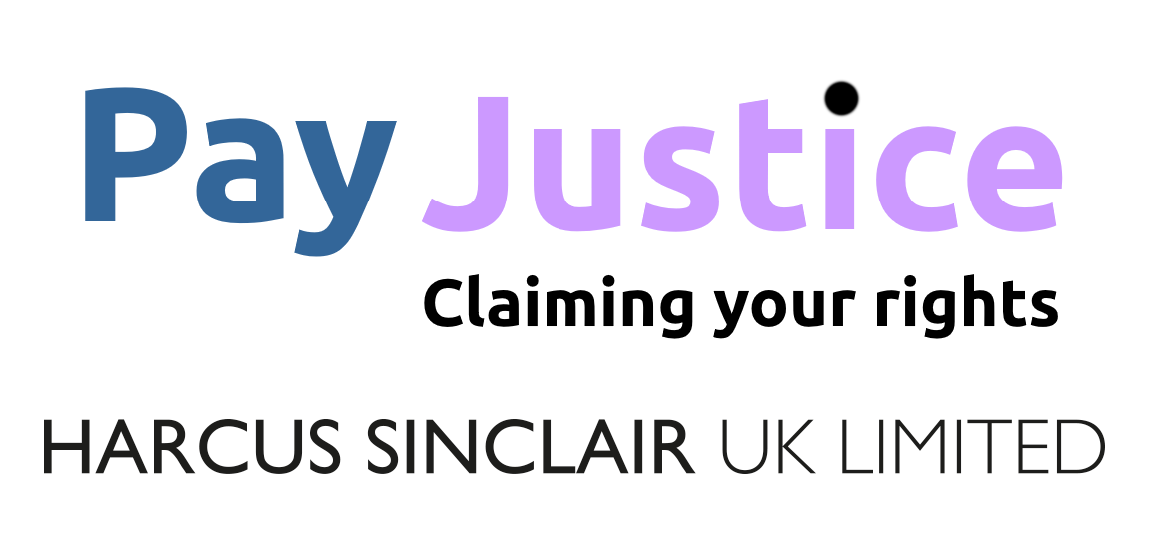Celebrating Equal Pay Month 2019
How far we've come, and the fight ahead.
“He has more experience.”
“He has a specialism.”
“He has more skill.”
“He has more profile.”
“Your job is slightly different.”
“He has a family to support.”
These are all rationalisations Carrie Gracie heard for being paid less than her male counterparts, for doing a slightly different, but equally valuable job.
As we’re approaching November - the pay equality month, we’re still faced with the issue of gender discrimination when it comes to pay. As outdated as it seems, women on average still earn 17.3% less than men.
Carrie Gracie’s story became national news when she quit as the BBC’s China editor in January 2018, in protest of its pay gap. Much like her, women like cashiers and shop assistants get excuse after excuse, as to why their work is valued less than their male counterparts’.
In her book “Equal”, Gracie explains that despite stories like hers, the gender pay gap doesn’t get the attention it deserves. “Pay discrimination is the gender pay gap’s dirty little secret. It doesn’t get talked about enough, it doesn’t get measured enough and it rarely gets managed. The gap may be caused by many different factors, but when caused by paying men more than women for the same jobs or jobs of equal value, it’s called pay discrimination and it’s illegal.”
At times like these, we look to big brands to make the change and provide equal pay. However, the sad truth is that for a lot of supermarket and retail giants, that’s still not happening. We also look to public figures to step forward and share their stories and participate in the fight for pay equality.
Despite the turmoil she went through, Carrie Gracie remains at the forefront of the fight for equal pay. However, she isn’t primarily worried about high earning women in positions of power. “The pay at the top is not my primary concern. I’ve got much more serious worries about the pay down the pay structure for those who are not high-profile stars.”
And she’s right. It's usually the working women that carry most of the burden of pay inequality. They are still paid unfairly despite being at the core of what drives revenue for the big brands.
In 2017, Carrie Gracie finally received an apology from her old employer, and more than £350,000 in back pay, which she donated. But what about the women that are much further down the totem pole? For them, the fight continues, and, by some estimates it might take more that 200 years.
So, what can we do this month to help the fight for pay equality? We can insist on transparency, so we know more about the problem we’re dealing with. We get involved and question the hiring and promotion policies in our own places of work.
But most importantly, we can start speaking about the issue loudly and honestly, even when it’s not comfortable. After all, the most powerful thing we can do to contribute to this cause is to give it a voice.
Contact us
Please be assured that strong victimisation laws are in place to prevent any negative action being taken against you for bringing a claim. If you have any concerns about this or any other questions about the claim, you can call 0161 883 3209 and speak to our legal team in confidence.

